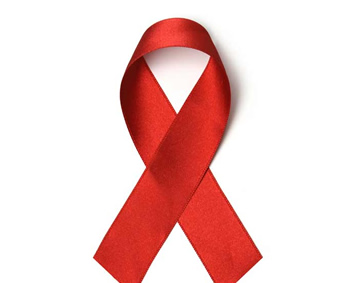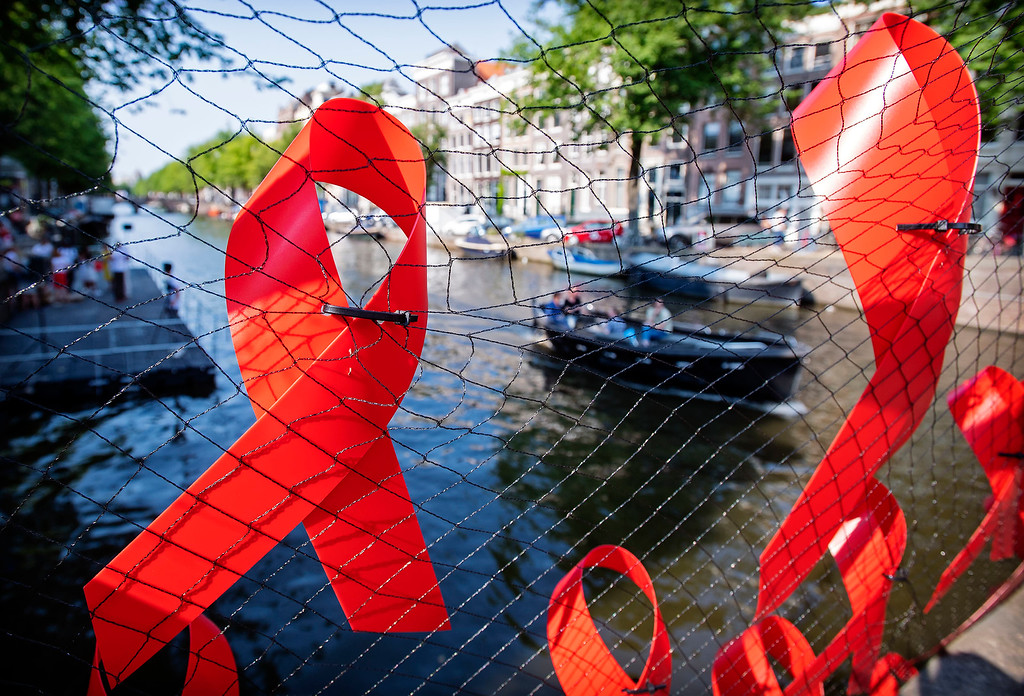
Health professionals from West African have begun an eight-week training programme to sharpen their skills in appropriate diagnosis and treatment of infectious disease.
The "Third country training course on enhancing laboratory skills for infectious disease in West Africa Countries for post Ebola", is being organised by the Noguchi Memorial Institute for Medical Research in collaboration with the Japan International Cooperation Agency (JICA), with health experts from Ghana, Nigeria, and Sierra Leone and Liberia, the two countries which were hard hit by the Ebola disease in 2014, participating.
The director of the institute, Professor Abraham Anang, said one of the most important priorities of international cooperation based on human security was the improvement of health care systems to ensure prevention and management of life-threatening infections.
He said securing sufficient healthcare workers and developing their abilities were important elements of such healthcare system, and stressed the need for the development of specialists in biomedical laboratory technology due to the critical role they played in the diagnosis and treatment of infection.
The Provost of the College of Health Sciences, Professor Patrick Ayeh-Kumi, said if health professionals were unable to diagnose infectious diseases, then diseases might not be able to be treated, and praised JICA for its support over the years, adding that training of laboratory technicians was very crucial in every country.
The Japanese Ambassador to Ghana, Tsutomu Himeno, said conducting research was vital to the prevention of infectious diseases in Ghana and neighbouring countries and pledged the Japanese government continuous support in promoting universal healthcare coverage.
A Senior Representative of JICA, Ms Maki Ozawa, in her remarks said the collaboration between the institute and JICA, since 1969, contributed to the development of medical research and public health through laboratory diagnosis.
She said in order to secure the human security, it was inevitable to strengthen the sub-regional response and preparedness for public health emergencies to manage various infections.
Mr Emmanuel Dingay of the Liberia Embassy in Accra, sharing his county's experience during the outbreak of Ebola in 2014, said the disease affected the country immensely, adding that hundreds of lives were lost which affected the country's human resource and disconnected Liberia to the rest of the world.
A representative of the Nigerian High Commissioner, Richard Ikeyi, said Nigeria became a victim of Eloba in 2014 which affected citizenry psychologically.
He commended JICA for electing their country to participate in the training programme, stating that it would help them to identify infectious diseases and how to prevent them.
Read Full Story





















Facebook
Twitter
Pinterest
Instagram
Google+
YouTube
LinkedIn
RSS